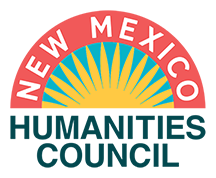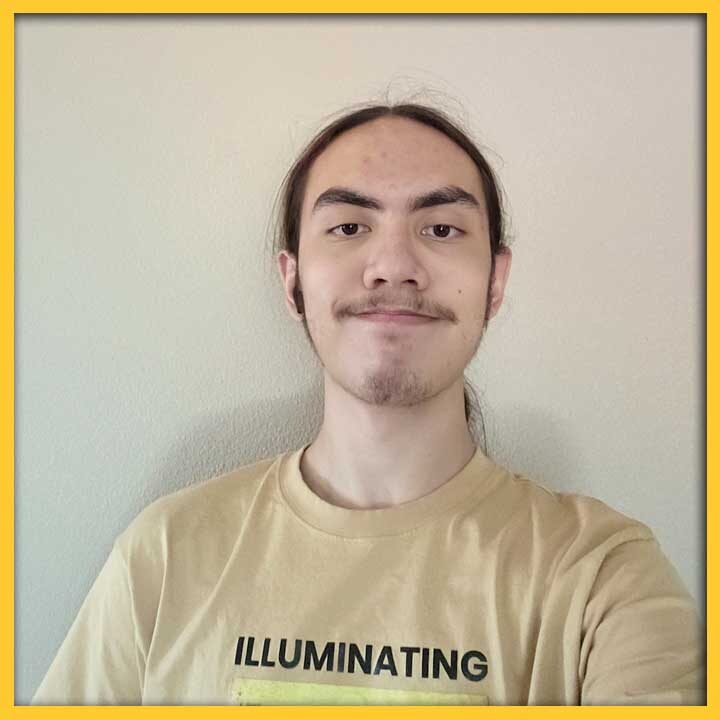SHARE:
I am a Muslim, and I belong in Las Cruces, New Mexico. Surprised? So am I.
My father was part of the U.S. Army, so much of my childhood was spent traveling around the world. I have lived in South Korea, California, New York, Germany, Texas and Singapore. I have seen many of the cultures and subcultures that populate these places and form groups, clubs and communities. Yet, I have rarely seen an Islamic or Muslim community wherever I traveled.
When I decided to go to New Mexico State University to study mechanical engineering, I never expected to find an Islam-focused group, a mosque or even a Muslim student such as myself. According to NMSU’s Crimson Connection, the Las Cruces campus has eight official Christian-centered organizations, with 51 opportunities to come together with other Christians for Bible study, religious exhibits, movie night, meetings et cetera. Walking around campus, you can find countless informal Christian gatherings. In contrast, almost 25% of the world’s population is Muslim, yet there is not a single Muslim event on campus, and as of the time of this writing, there is just one organization that was newly rechartered in 2020.
This lack of community and connection to other Muslim students on campus can make me feel isolated. I see everyone else talking about their religion en masse as well as a mutual understanding of each other’s beliefs, but everywhere there’s an ignorance of mine. For example, many students obsess over tattoos once they turn 18 and encourage each other to get one. In contrast, it is haram (forbidden) for a Muslim to get tattoos. Because of these contrasting beliefs, I sometimes feel nervous or out of place if asked about Muslim beliefs.
Even so, I want to teach others that Muslims accept the teachings, messages and religious practices of Islam. We freely accept that our beliefs, values and faith are based on the will of Allah. We follow the Five Pillars of Islam, pray five times a day and don’t eat pork, as it is considered an unclean food in Islam. During Ramadan, everyone, including children around 5 or 6, wakes up every day before sunrise to eat breakfast, then abstain from drinking or eating anything until sundown. After the month of fasting, there is a celebration feast.
Many of the teachings in Islam are interpreted differently in different cultures. Each person decides what cultural rules to follow in addition to the general guidelines of Islam. There are 73 sects in Islam, with each having different beliefs. 90% of Muslims are Sunnis. They believe that the first four caliphs (leaders) were the true successors to Muhammad. Shiites, the second largest sect, deny the legitimacy of the first three caliphs, and believe only in the caliph Ali and his descendants as the legitimate successors to Muhammad.
This isolation I felt at NMSU gave me a desire to understand how Muslims fit in to Southern New Mexico, and I was then led to the Islamic Center of Las Cruces.
Islam is not a new religion in New Mexico. Since the 17th century, many Muslims were immigrants and spread to areas like New Mexico, Arizona, Michigan, Iowa and other states. It was not until the 1980s, however, that a group of Muslim students at NMSU wanted a place to worship and pray, which led to the establishing the Islamic Center of Las Cruces. An estimated 3,000 to 4,000 Muslims lived in Las Cruces as of 2017, and the Islamic Center of Las Cruces was renamed the Southern New Mexico Islamic Center (SNMIC) in 2019.
It is a rare experience being Muslim in Southern New Mexico. When I found an organization for Muslims in Las Cruces, I was astounded. The community is small, but close-knit. In Las Cruces, the SNMIC participates in events, such as the Annual Cultural Bazaar, to bring Muslims in the community together, and is open to all. This is important for the community because it allows Muslims to discover the organization and find a place to gather together.
I hope the Muslim group on campus receives more attention and brings together the Muslim students and community through events like praying, studying the Qur’an and engaging in other faith-centered activities.
Muslims living in New Mexico exist as parents, children, college students, professionals, demonstrating that the tricultural ideology of New Mexico is just a myth. While we may not be great in numbers, we are here, eating curry with our tortillas. We believe that life is a test that Allah has created in hopes that we put effort into it, an effort we call jihad, and that we will be judged fairly at the end. We are Muslims, a group of peaceful people who belong in Las Cruces, New Mexico.
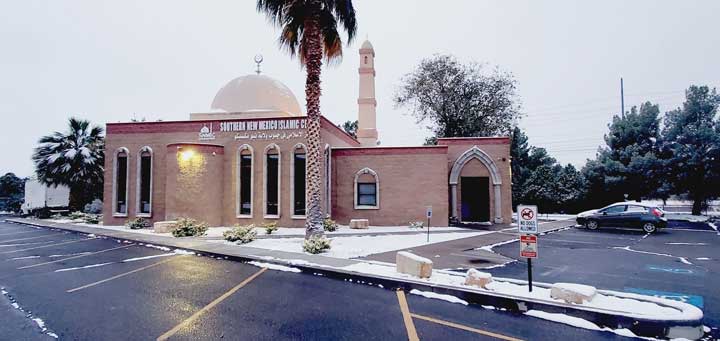
PASA POR AQUÍ
ADDITIONAL BLOG ARTICLES
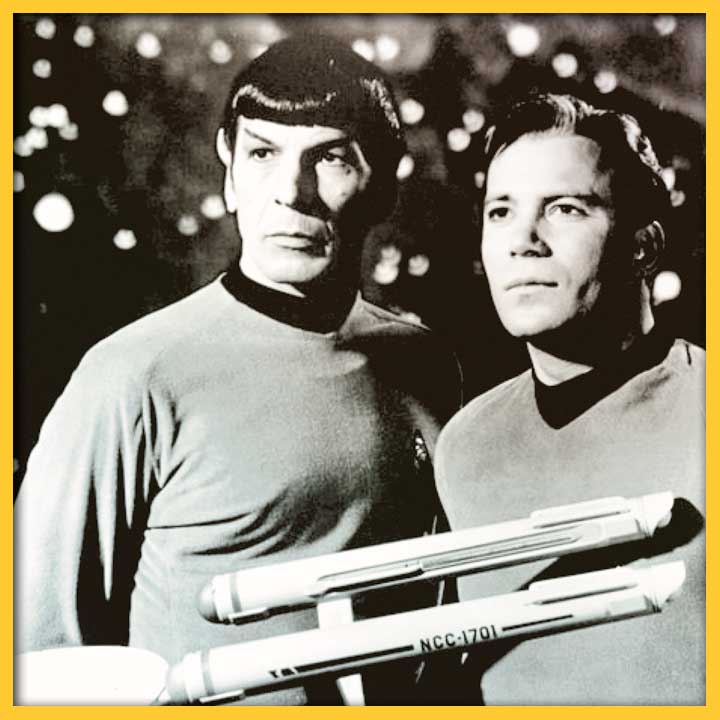
SPACESHIPS, RAY GUNS, AND LIFE LESSONS
By Melinda Snodgrass
“science fiction allows you to discuss difficult and fraught topics in what is a safe space and at arm’s length.”
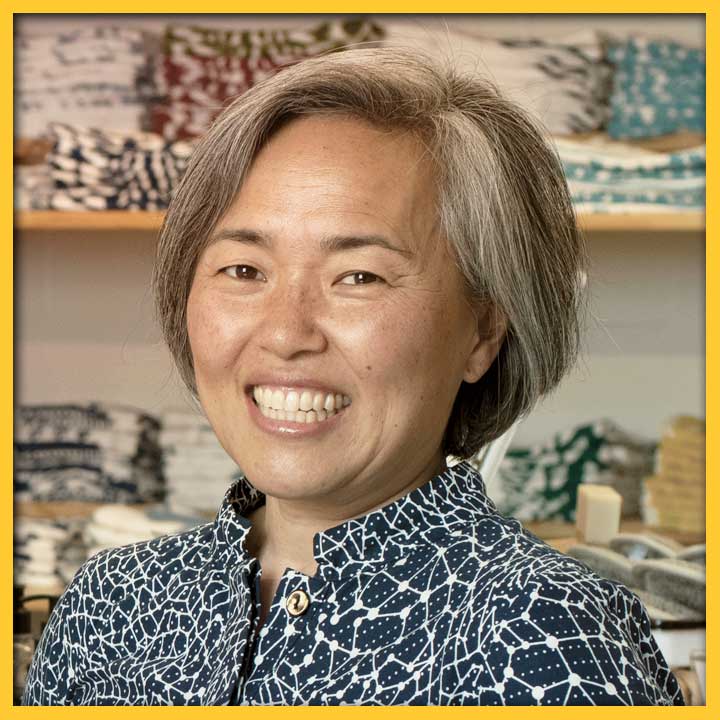
LITERATURE AS GUIDEPOSTS ON MY IMMIGRANT JOURNEY
By Kei Tsuzuki
“What I have learned from books is that there is no one story that explains the world to us or captures our identity entirely. There is power in the specificity of each of our stories…”
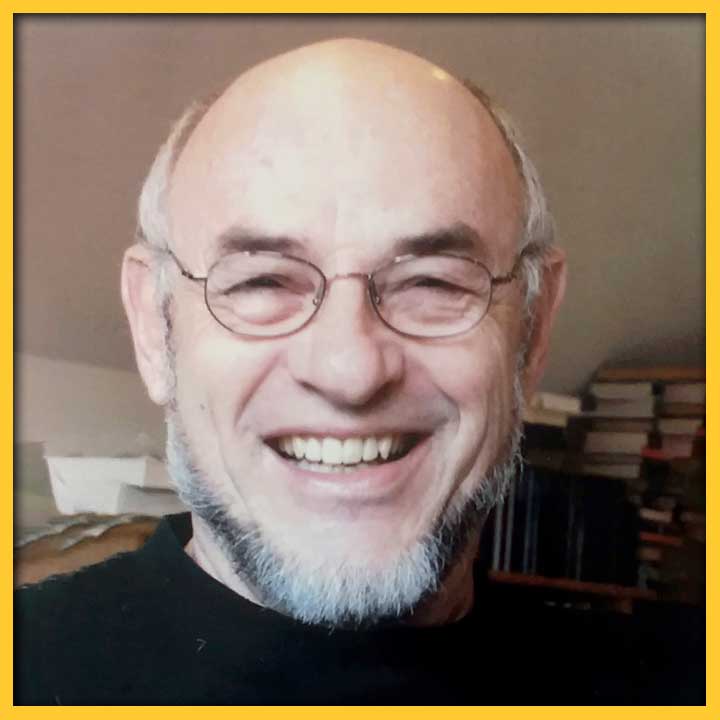
A DIFFERENCE-MAKING BOOK
By Richard Etulain
“Many authors hope their histories, novels or other writings will make a difference — that their works will catch readers’ attention and influence their thinking and actions.”
SHARE:
DISCLAIMER:
Any views, findings, conclusions or recommendations expressed in this blog post/article does not necessarily represent those of the New Mexico Humanities Council or the National Endowment for the Humanities.
ABOUT THE AUTHOR:
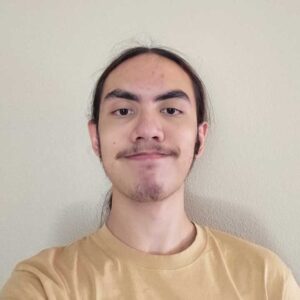
RYQIR HADEN
Ryqir Haden is a freshman at New Mexico State University, working on his bachelor’s degree in Mechanical Engineering. He hopes to work in the automotive industry to improve the efficiency of gasoline engines.
